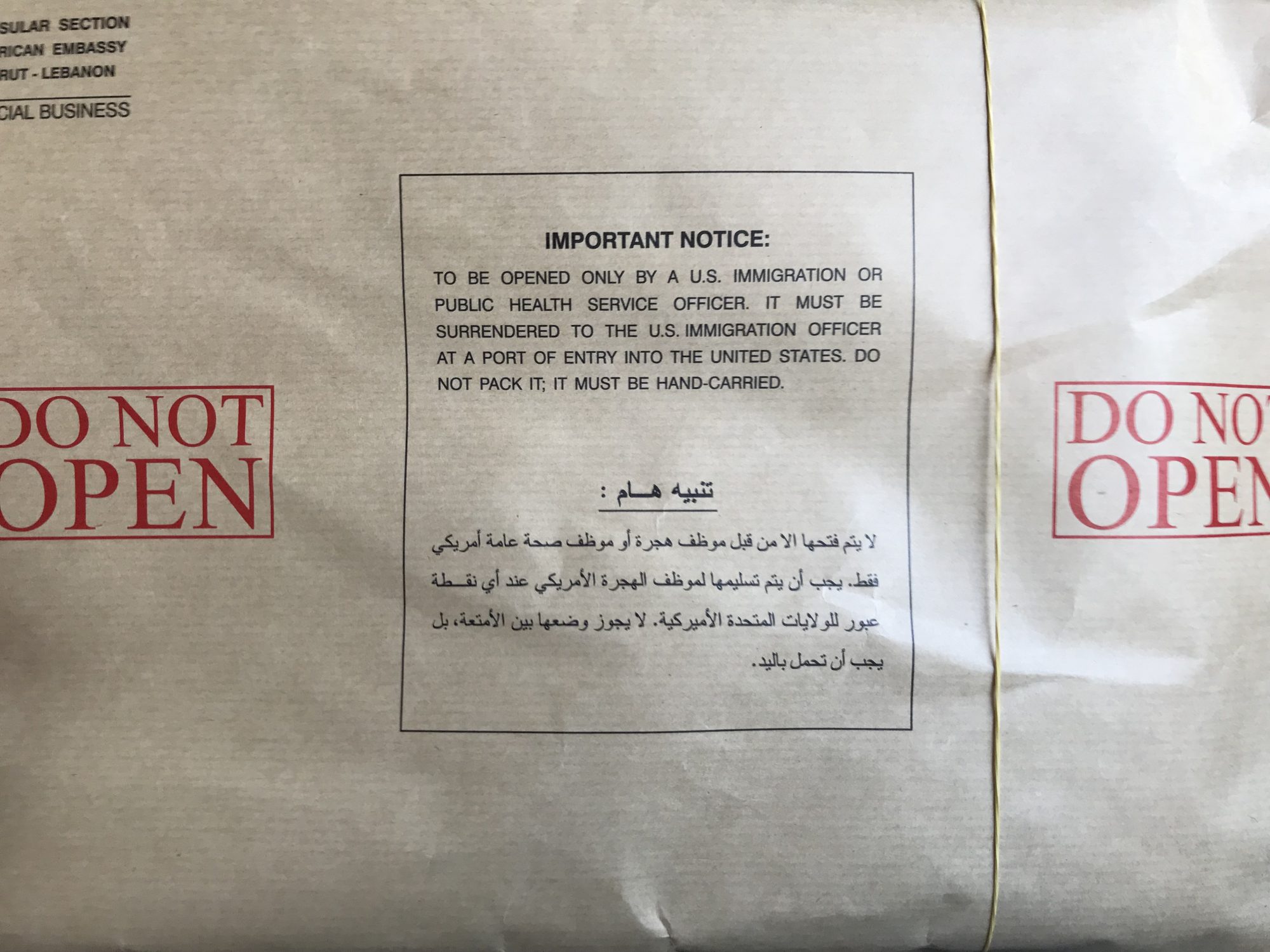May Day
Today was May Day. This was a sign left over from the massive rally and march that took place here during the day—I’m not sure how so many could take the day off work, but I’m glad. I, however, joined the after-hours crew for the 5 o’clock shift at a much smaller rally. I even got to use a bullhorn after all these years. Here’s a little from what I had to say today: Looking around, I want to cry out in the words of Alfred Hayes, who wrote: Into the streets May First!Into the roaring Square!Shake the midtown towers!Shatter … Continue reading “May Day” →
